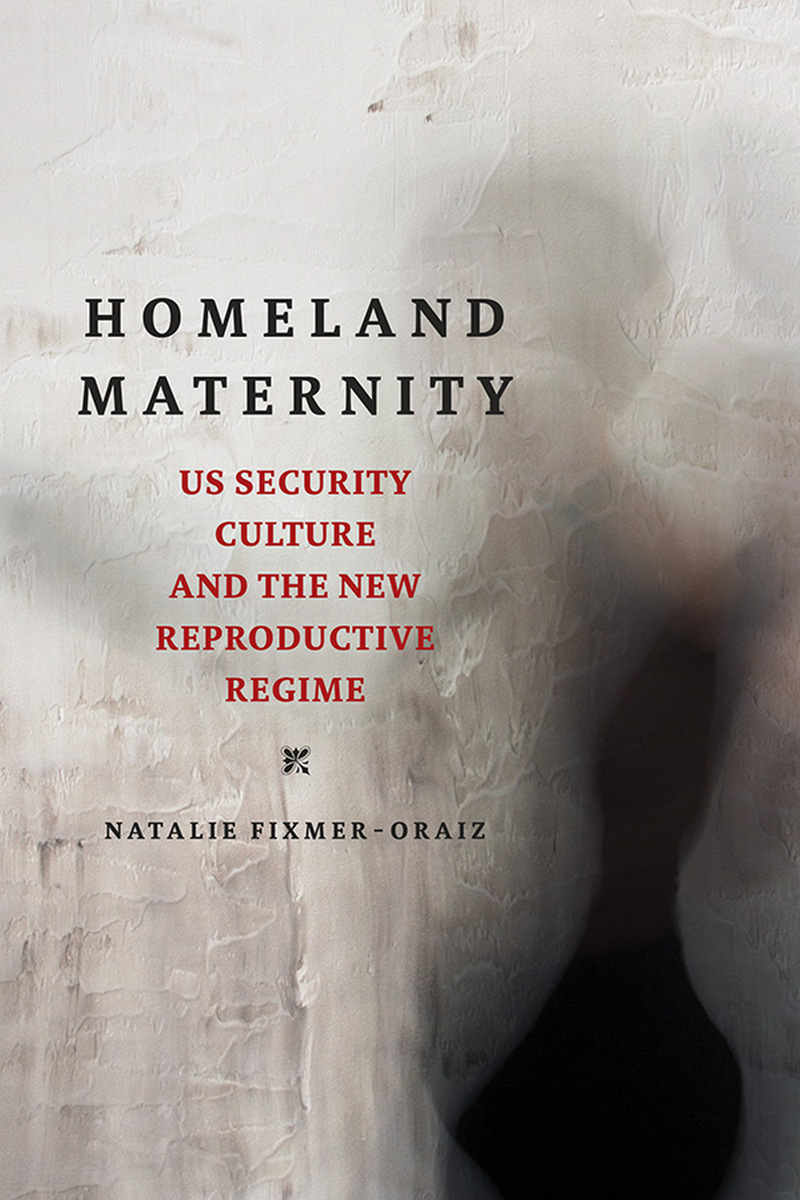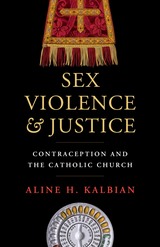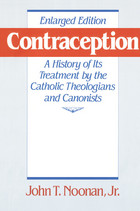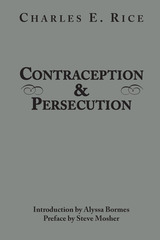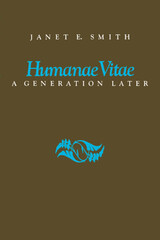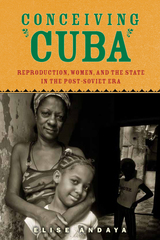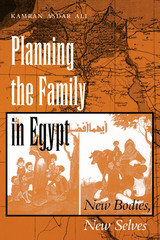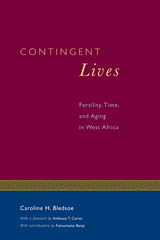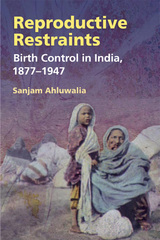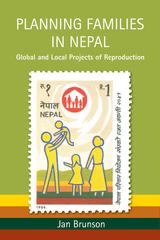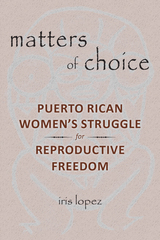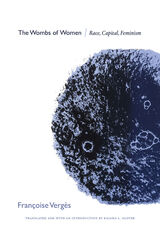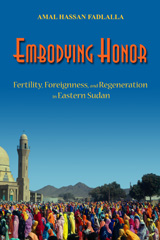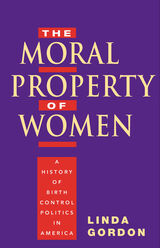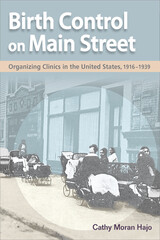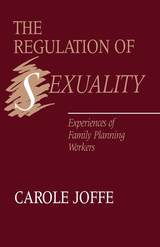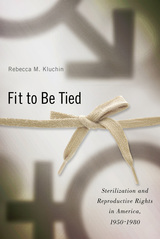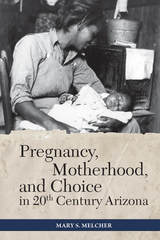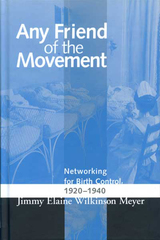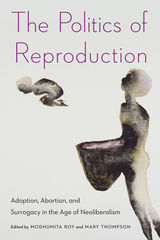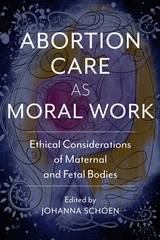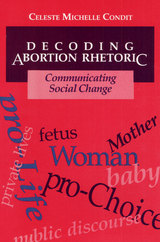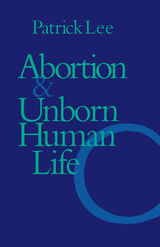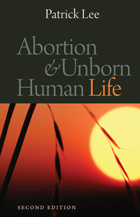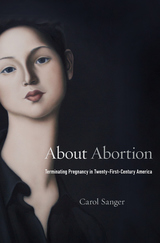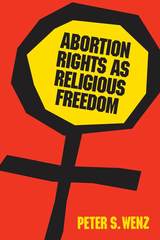Homeland Maternity: US Security Culture and the New Reproductive Regime
University of Illinois Press, 2019
Paper: 978-0-252-08414-0 | eISBN: 978-0-252-05119-7 | Cloth: 978-0-252-04235-5
Library of Congress Classification HQ766.5.U5F56 2019
Dewey Decimal Classification 306.87430973
Paper: 978-0-252-08414-0 | eISBN: 978-0-252-05119-7 | Cloth: 978-0-252-04235-5
Library of Congress Classification HQ766.5.U5F56 2019
Dewey Decimal Classification 306.87430973
ABOUT THIS BOOK | AUTHOR BIOGRAPHY | REVIEWS | TOC
ABOUT THIS BOOK
In US security culture, motherhood is a site of intense contestation--both a powerful form of cultural currency and a target of unprecedented assault. Linked by an atmosphere of crisis and perceived vulnerability, motherhood and nation have become intimately entwined, dangerously positioning national security as reliant on the control of women's bodies. Drawing on feminist scholarship and critical studies of security culture, Natalie Fixmer-Oraiz explores homeland maternity by calling our attention to the ways that authorities see both non-reproductive and "overly" reproductive women's bodies as threats to social norms--and thus to security. Homeland maternity culture intensifies motherhood's requirements and works to discipline those who refuse to adhere. Analyzing the opt-out revolution, public debates over emergency contraception, and other controversies, Fixmer-Oraiz compellingly demonstrates how policing maternal bodies serves the political function of securing the nation in a time of supposed danger--with profound and troubling implications for women's lives and agency.
See other books on: Abortion & Birth Control | Feminist theory | Motherhood | National security | Reproductive rights
See other titles from University of Illinois Press
